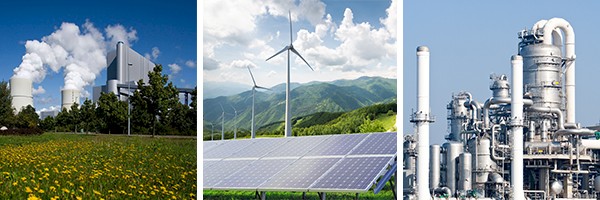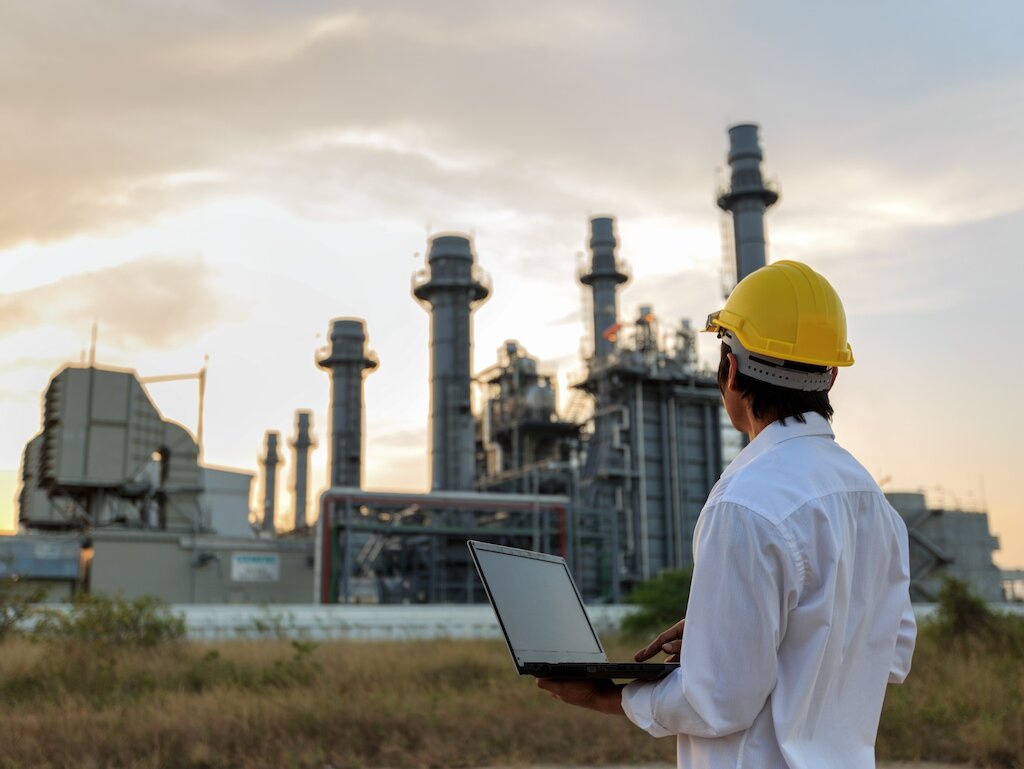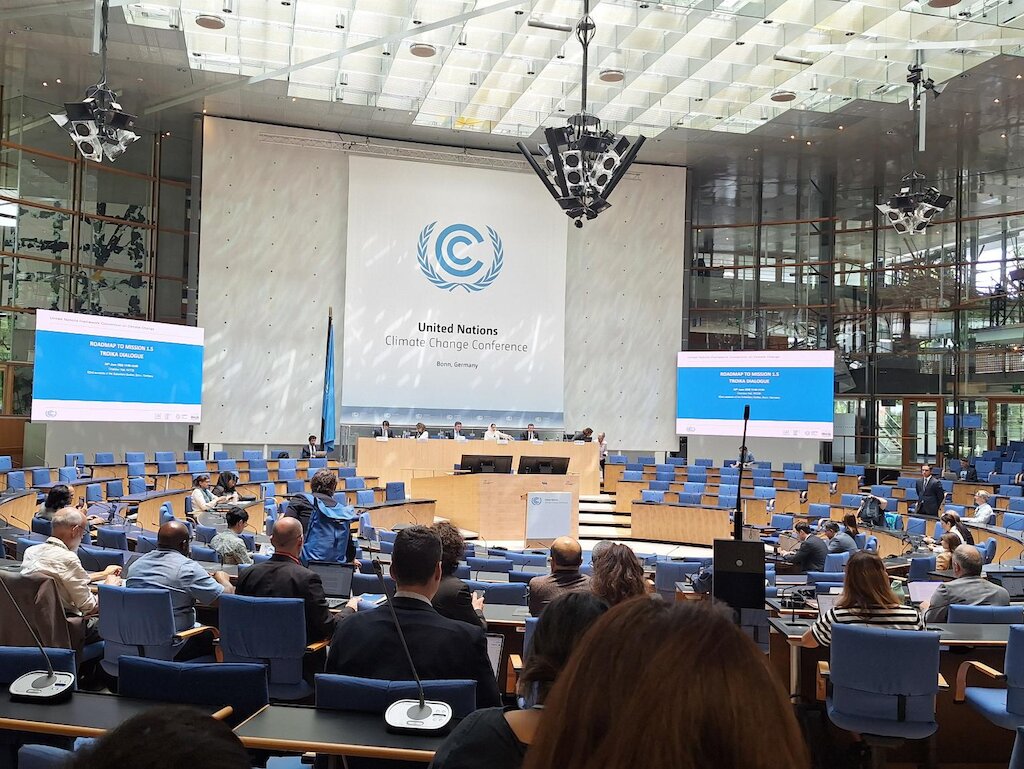
Kyoto laid the foundations for the Paris Agreement which was reached at the 21st Conference of the Parties (COP-21), and has since been signed by 170 countries. Ipieca supports the Agreement as an important step in addressing the risks of climate change.
For more than 20 years Ipieca has attended the annual COPs as an official observer of the United Nations Framework Convention on Climate Change (UNFCCC), and hosted events alongside the conference to support debates on relevant climate topics. At the recent COPs we have presented on The Paris Puzzle, a series of papers covering key components of efforts to address climate change risks, and on the Exploring low-emission pathways paper, providing key elements and enablers of future pathways. This year at Bonn, we discussed the role, barriers and opportunities of carbon capture and storage.
Since 1989 our Climate Change Group has enabled sharing of good practice and built industry understanding on issues such as GHG emissions management, flaring reduction, and energy efficiency. Meeting the challenge of climate change in the context of sustainable development requires actions from all parts of society, and the oil and gas industry is an essential partner. Providing a forum for industry has allowed us to be a constructive partner in the discussion on climate; and to explore partnerships with key stakeholders such as the UN bodies.



